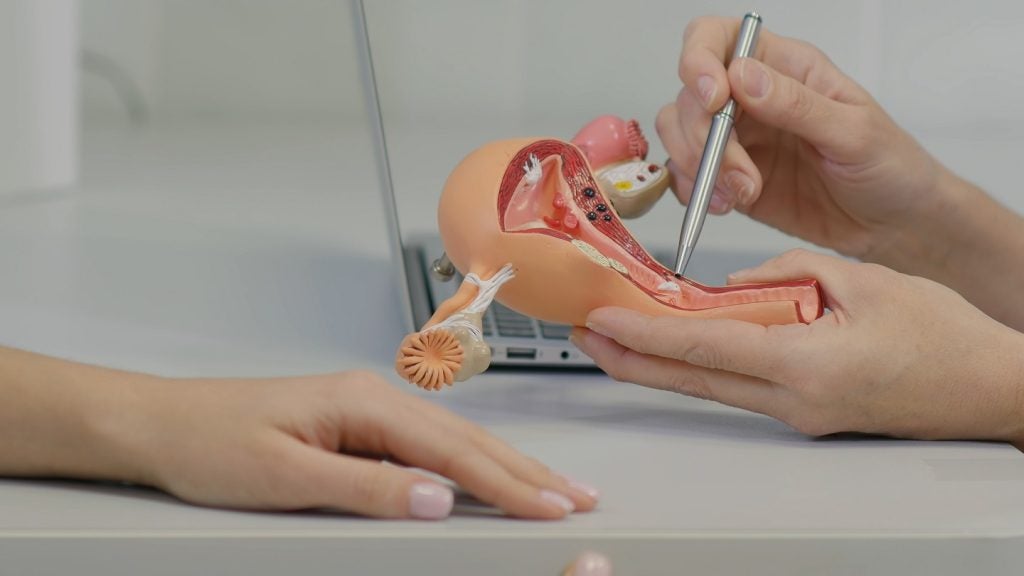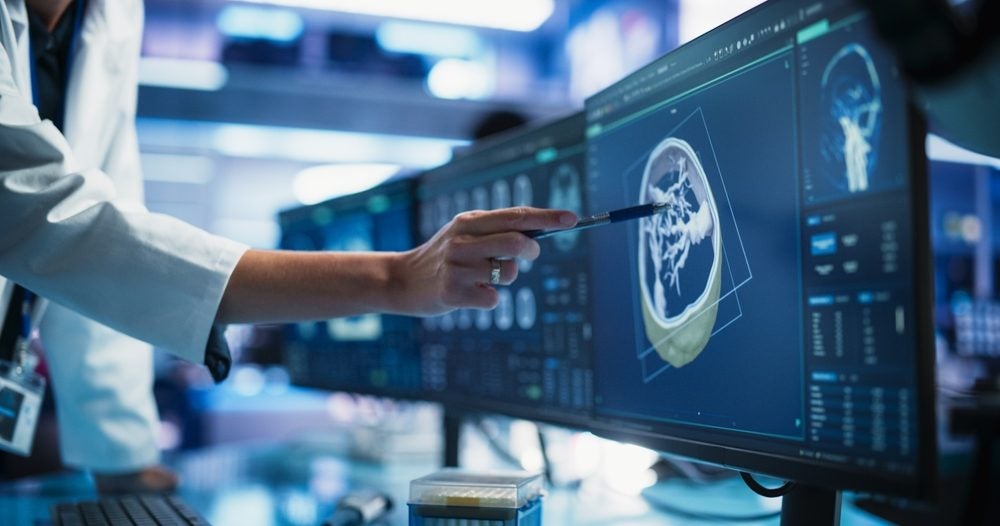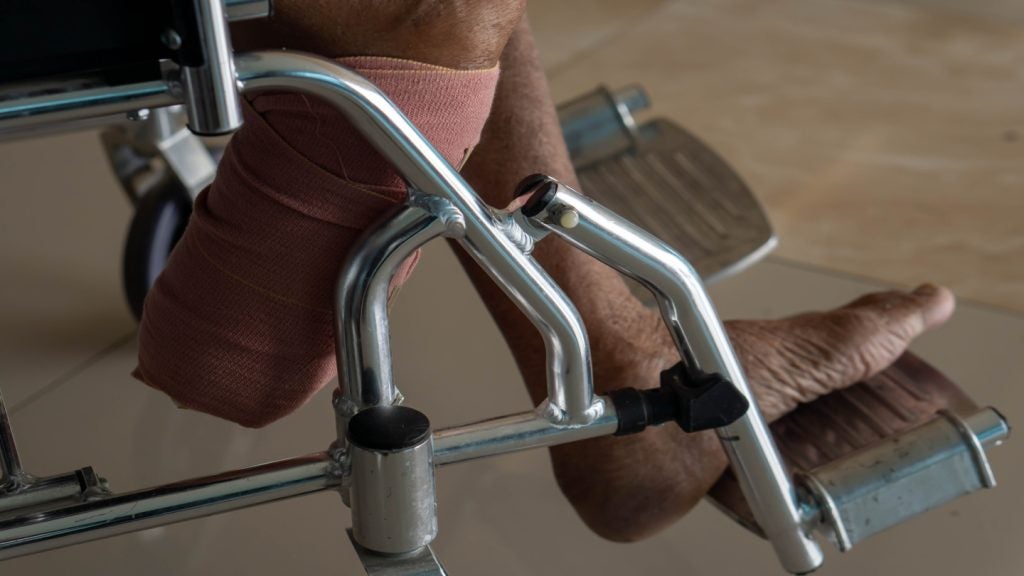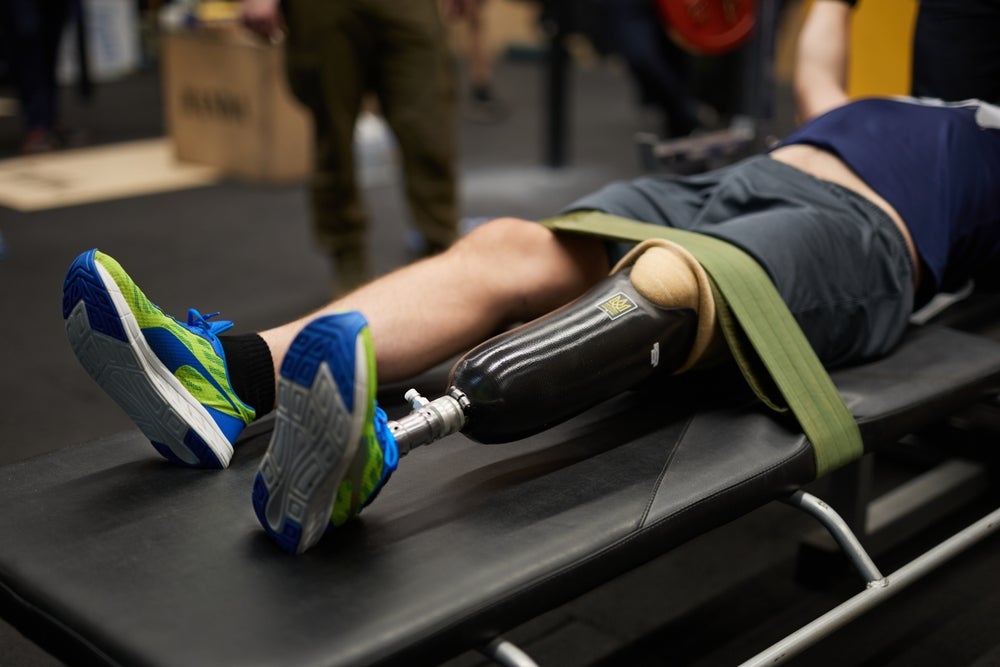Nikon Instruments has announced a software update for the ECLIPSE Ji smart imaging system that broadens research capabilities in critical areas such as cancer, neurological diseases, and regenerative medicine.
Available from 30 August 2024, the update introduces new image analysis functions compatible with NIS-Elements ver. 6.10 onwards.
Designed for precision and user-friendliness, the ECLIPSE Ji system already supports a variety of assays tailored to quantitative cellular analysis.
The assays introduced in the new update include an automated analysis for evaluating cancer cell division and proliferation, streamlined neuronal morphology analysis critical for studying neurology, and improved time-lapse analysis to observe living cells over time.
Each of these assays is designed to address specific research needs, such as tracking cell cycle stages or assessing neurite outgrowth, which are pivotal in the development of new drugs.
With the addition of three new assays, researchers can now research deeper into the cellular responses to potential treatments, particularly in oncology, neurology, and regenerative medicine.
The update also includes time-lapse imaging capabilities for existing assays, enhancing the system's ability to document dynamic cellular changes over time.
This advancement is set to benefit a wide range of stakeholders in the drug discovery sector, from research institutions to biotech firms, by streamlining the analysis of complex cellular activities.
Furthermore, the ECLIPSE Ji system's enhanced graphical displays offer researchers a more intuitive way to interpret multi-dimensional data over time for complex studies.
Nikon Instruments Healthcare Business Unit general manager and senior vice-president Tatsuya Yamaguchi said: “In pursuit of cutting-edge technology that contributes to the development of science and technology, Nikon releases NIS-Elements ver. 6.10, the latest version of its software for the ECLIPSE Ji.
“This update combines user-friendly operation with high-precision analysis functions to significantly improve experimental efficiency, specifically for biotechnology companies, research institutes, and organisations that are conducting drug discovery research.”
In March 2024, Nikon Instruments partnered with Lunaphore to enhance spatial biology services access in the US.
















